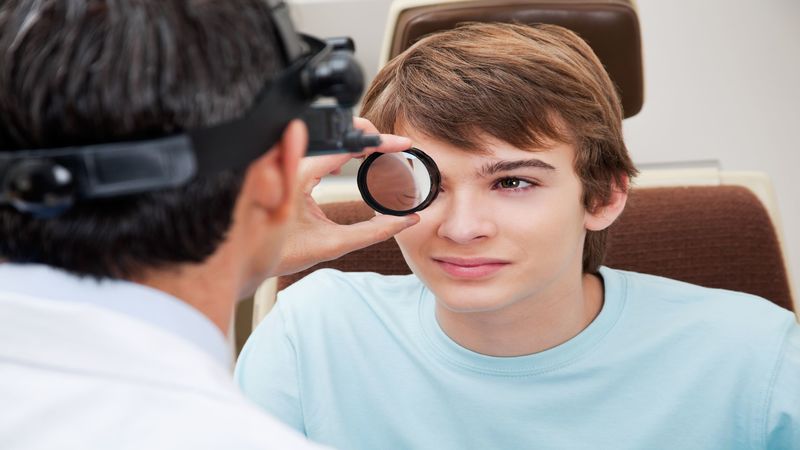People struggling with low vision due to cataracts, glaucoma, macular degeneration, diabetes retinopathy or genetic conditions impacting the eyesight may assume they have limited options for vision support once vision loss can no longer be corrected by prescription glasses.
This is no longer the case. Today, many people find that specialized low vision devices available from doctors specializing in treating patients with low vision problems provide restoration of sight to a degree to allow them to enjoy life again and do the things they love.
There is a range of different types of low vision devices. The specialized low vision doctor will provide a comprehensive eye exam and function test, then determine the best device to provide the maximum vision enhancement.
Possible Vision Solutions
There are several possible options for devices to provide support for low vision. E-Scoop glasses may be ideal for those with mild to moderate vision loss through AMD. There are also specialized devices used to help low vision patients with one specific activity, which may include reading, driving or being able to easily work on a computer.
For more significant vision issues, bioptic telescopes, microscopes, and prismatic devices can be customized to provide the level of vision correctness required by the patient. There are also electric glasses, which allow remote wireless control or voice activated control to allow specific objects to be magnified without having to change devices.
Customized Solutions
The key to finding low vision devices is to understand that each patient will be different. What works for one patient may not offer the vision enhancement required by another patient.
A low vision specialist is a doctor specifically trained in working with patients with low vision as well as in working with the devices. This combination allows the doctor and the patient to find the best possible solution to low vision, allowing the patient to live a more enjoyable life.
